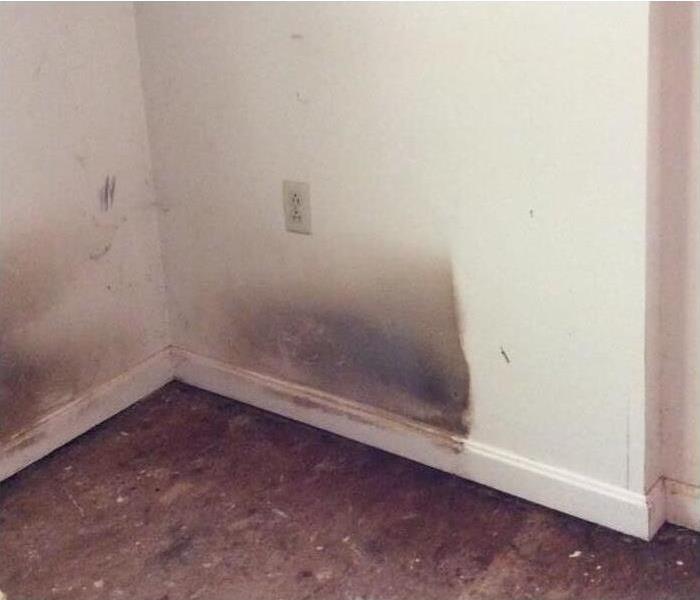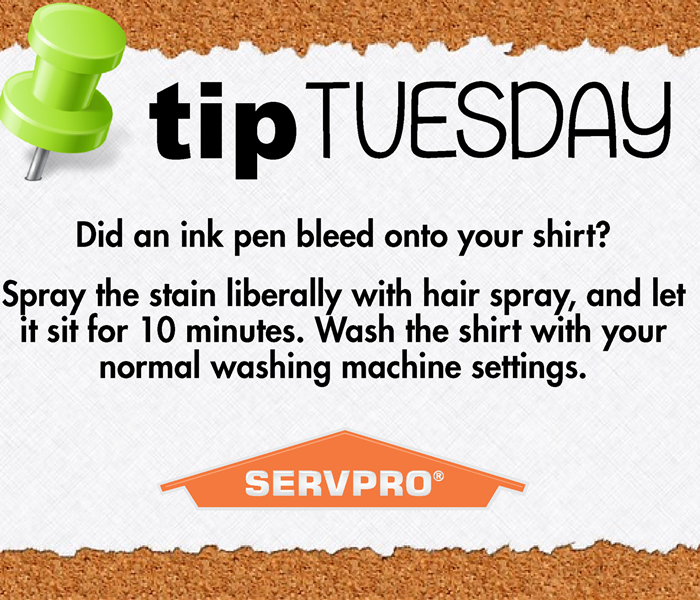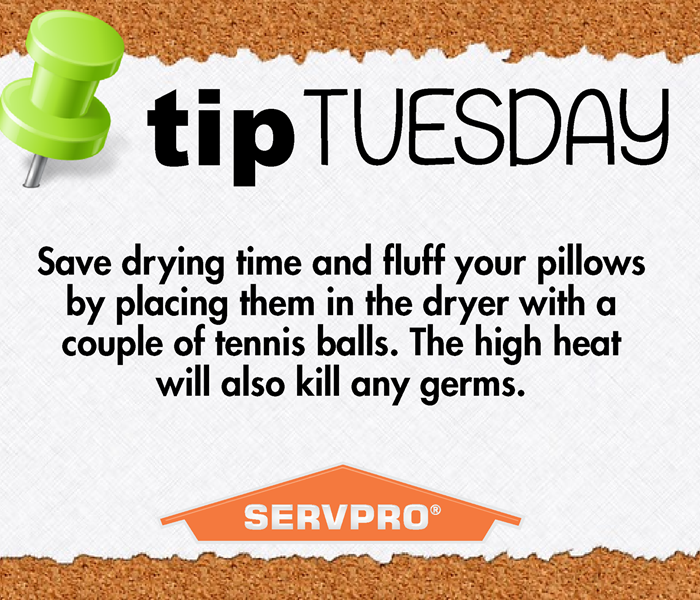How often do you clean these areas?
5/17/2017 (Permalink)
 Eliminate mold and mildew indoors by cleaning behind and under appliances
Eliminate mold and mildew indoors by cleaning behind and under appliances
Did you know? The air in your home is 10 times more dirty than the air outside.
During the Spring and Summer months, allergens accumulate and fill areas of your home or office with dust, dust mites, animal dander, mold and other unhealthy elements. Unless you address the situation now, the air quality will continue to deteriorate.
Your friends at SERVPRO of Madison want to ensure that you and your property are properly prepared for the upcoming season. Therefore, we would like to offer you some helpful tips that will adequately prepare your property for the Fall:
- Eliminate mold and mildew indoors by cleaning under the refrigerator, washing and disinfecting garbage cans, scrubbing bathrooms, and cleaning or changing shower curtains
- Remove any wet debris from around the home or office, as mold spores are airborne particles that can easily float indoors
- Schedule to have your chimney cleaned within the next month. Excessive buildup of creosote and debris, as well as miscellaneous branches, leaves and animal nests can create a dangerous situation as it increases the potential to spark a chimney fire.
- Remember not to ignore your ductwork, vents and HVAC systems. Unnecessary dirt and debris can pose a serious threat to the health of your family or employees if they are not properly maintained.
Call the professionals at SERVPRO of Madison for those difficult cleaning jobs at (608) 221-1818.
Sewage Cleanup and Restoration
5/4/2017 (Permalink)
Water from sewer system backups should be considered very dangerous. The water is grossly unsanitary and may contain bacteria and viruses that could cause serious illness. Special training and equipment is necessary to safely clean this type of contamination.
Sewage Backup or Toilet Overflow? Call SERVPRO of Madison (608) 221-1818
There are three major types of contaminated water. SERVPRO of Madison will inspect that contaminated water to determine the type of water and then plan the appropriate response to safely restore your home or business.
The three types of contaminated water:
Category 1: "Clean Water"
This is water from a clean source, such as a broken clean water supply line or faucet. If left untreated, category 1 water can quickly degrade into category 2 or 3 water depending upon such factors as time, temperature, and contact with contaminants.
- Water from a clean source like a broken water line
- If left untreated, can degrade into category 2 or 3
Category 2: "Gray Water"
This water has a significant level of contamination that could cause discomfort or illness if ingested. Sources for category 2 water may include washing machine overflow; toilet overflow with some urine, but no feces; or dishwasher overflow.
- May contain bacteria and viruses
- Can quickly degrade into category 3 if left untreated
Category 3: "Black Water"
This water is grossly unsanitary and could cause severe illness or death if ingested, and any contact should be avoided. Sources for category 3 water could include flooding from rivers or streams, water from beyond the toilet trap, water from the toilet bowl with feces, or standing water that has begun to support microbial growth.
- May contain untreated sewage, harsh chemicals, and microbes
- Water from flooding rivers or sewer backup
24 Emergency Service
Sewage backup should be considered an emergency and dealt with as quickly as possible. SERVPRO of Madison is the water damage restoration specialists serving Dane, Columbia, Sauk, Richland, Iowa, Grant and Vernon counties.
Tip Tuesday
8/25/2014 (Permalink)
Did an ink pen bleed onto your shirt?
Spray the stain liberally with hair spray, and let it sit for 10 minutes. Wash the shirt with your normal washing machine settings.
Tip Tuesday
8/25/2014 (Permalink)
Save drying time and fluff your pillows by placing them in the dryer with a couple of tennis balls. The high heat will also kill any germs.






 24/7 Emergency Service
24/7 Emergency Service


